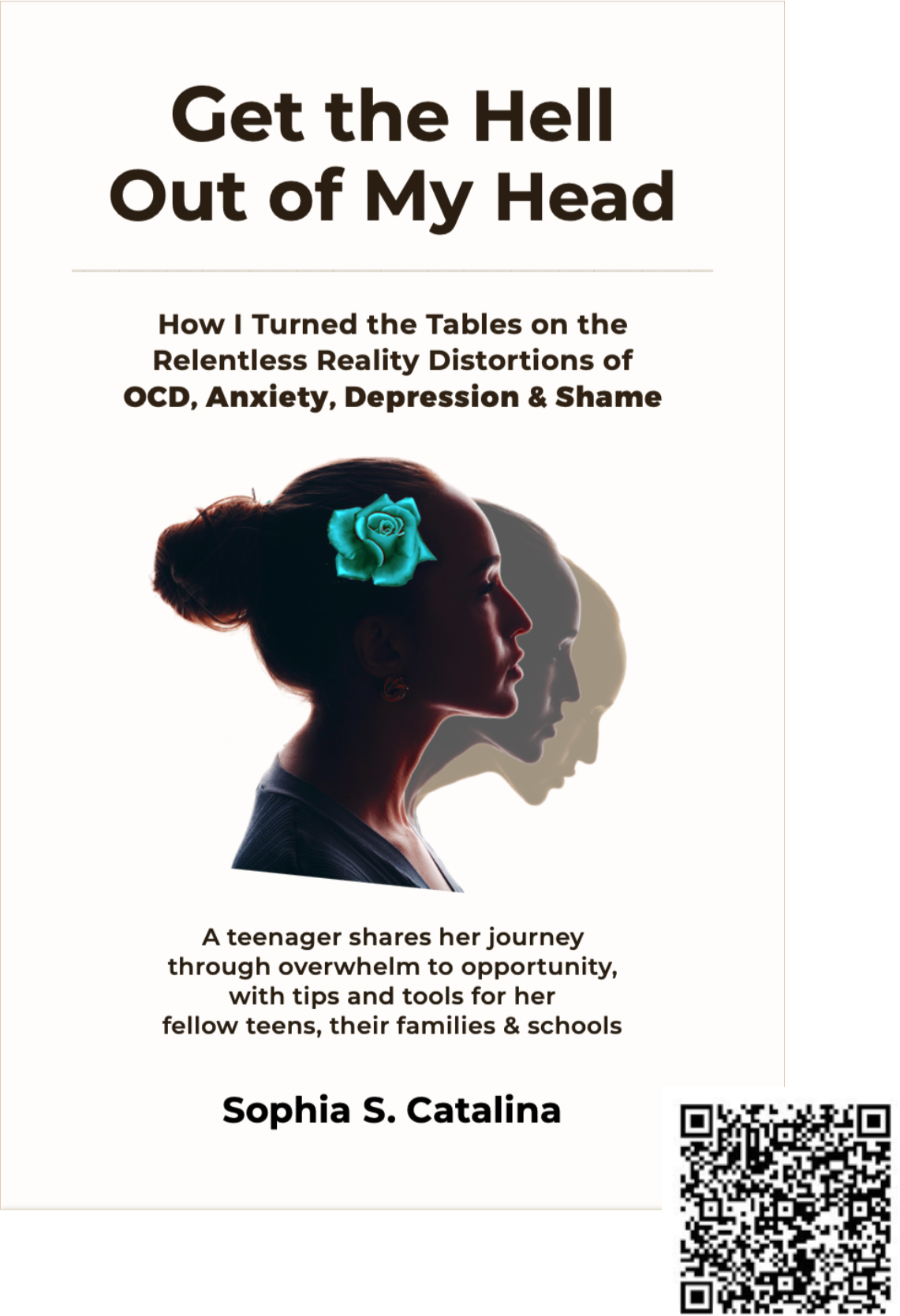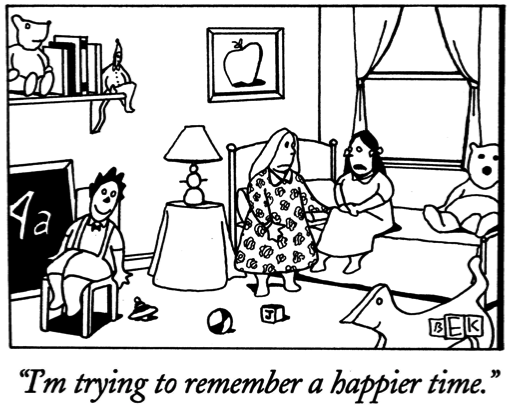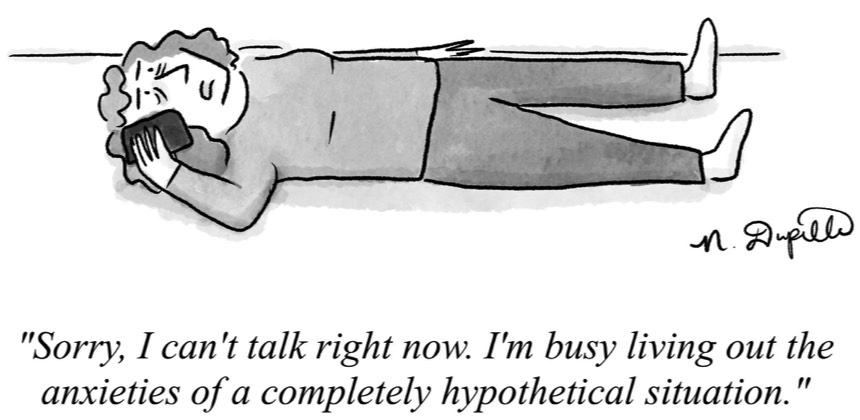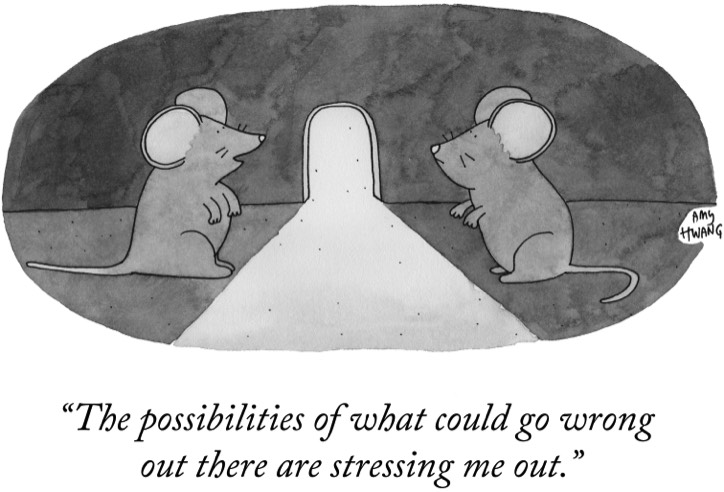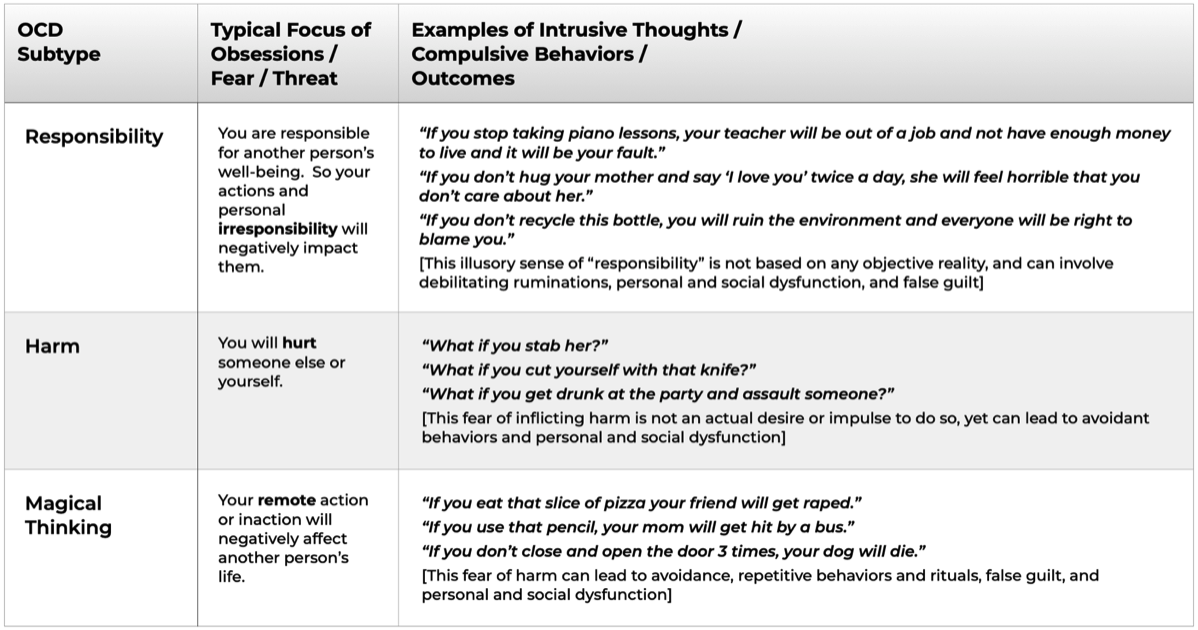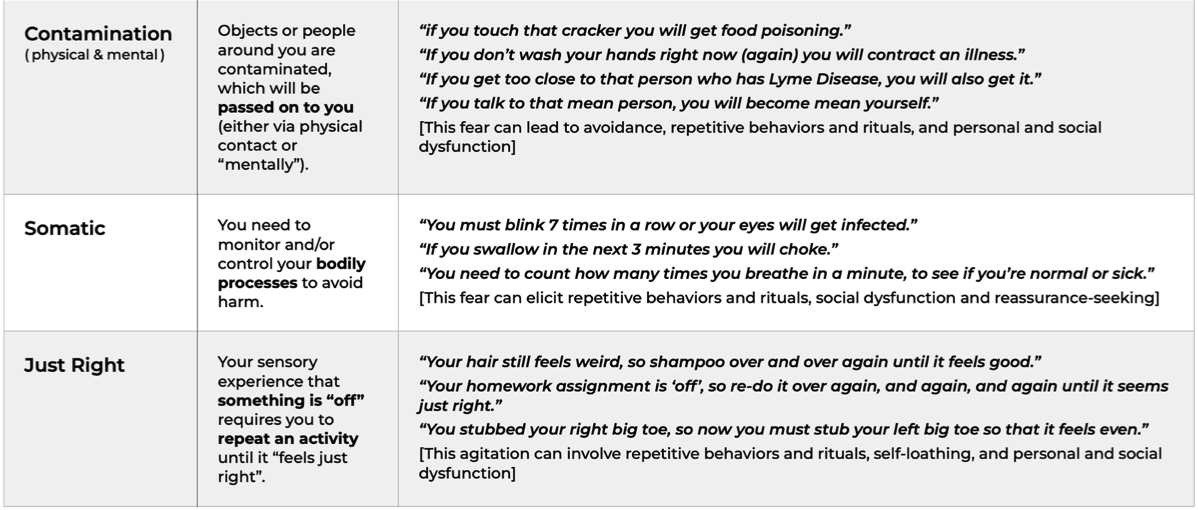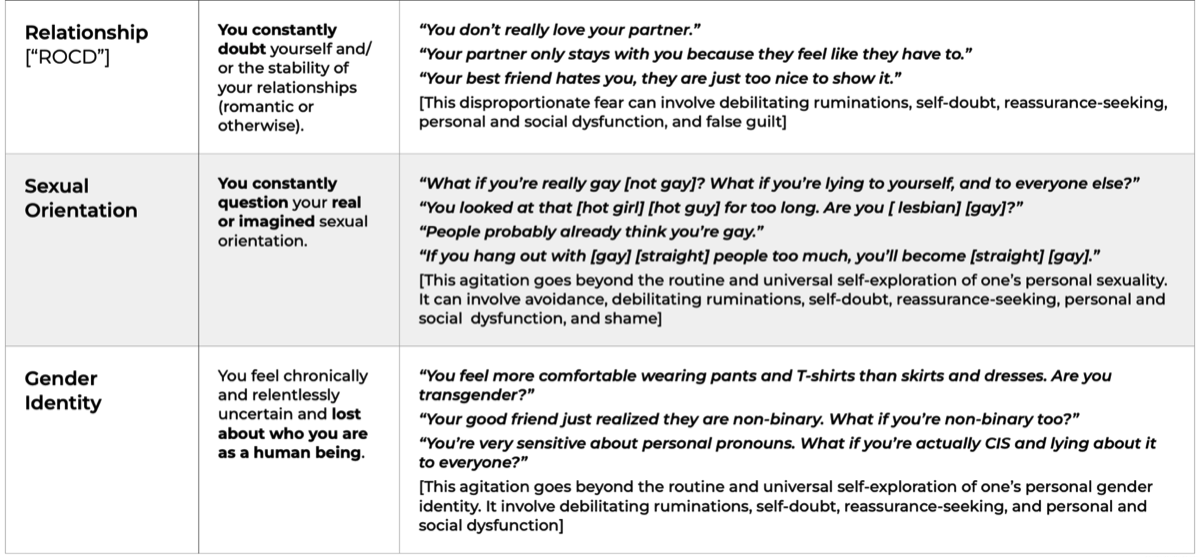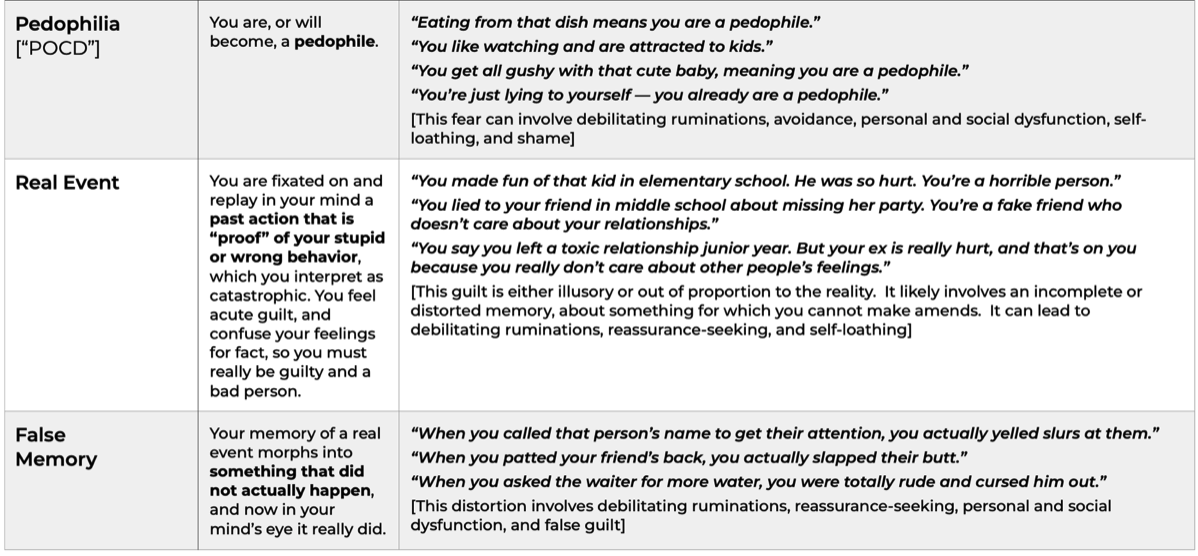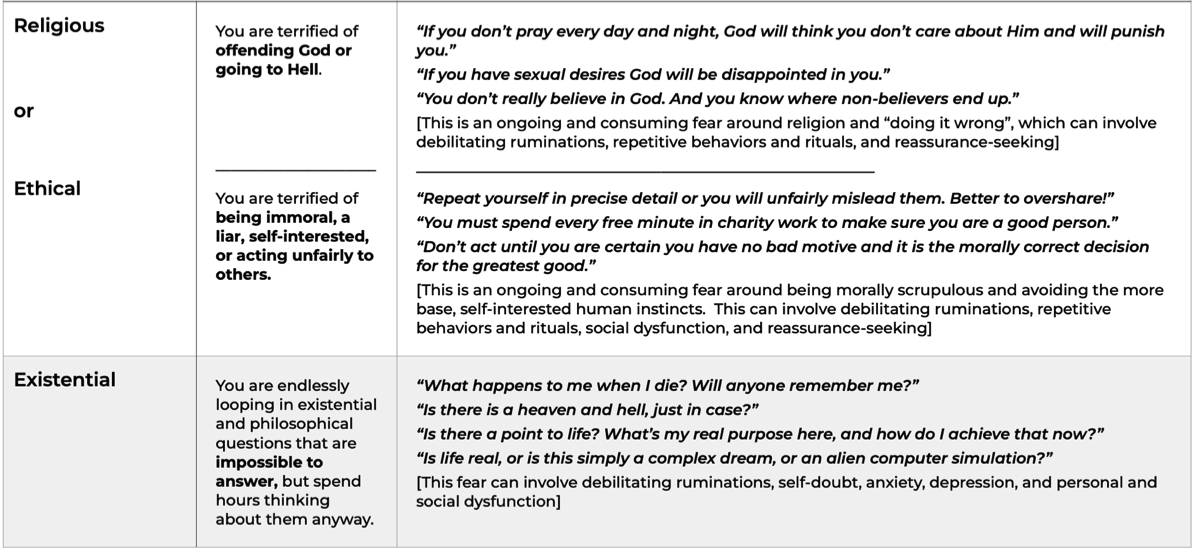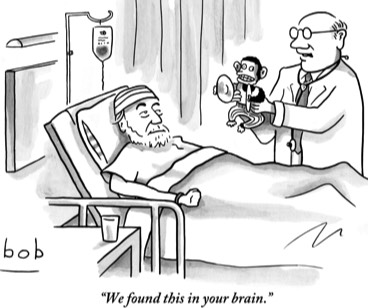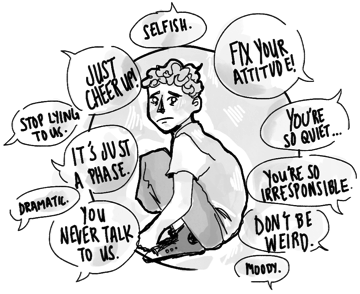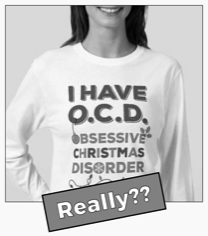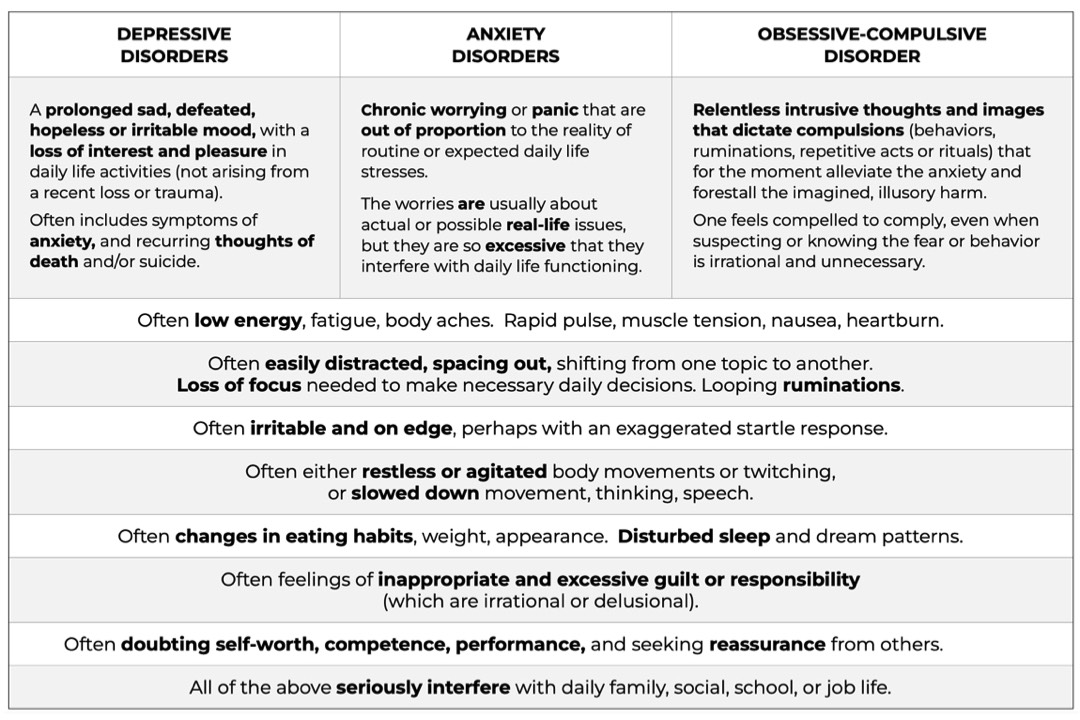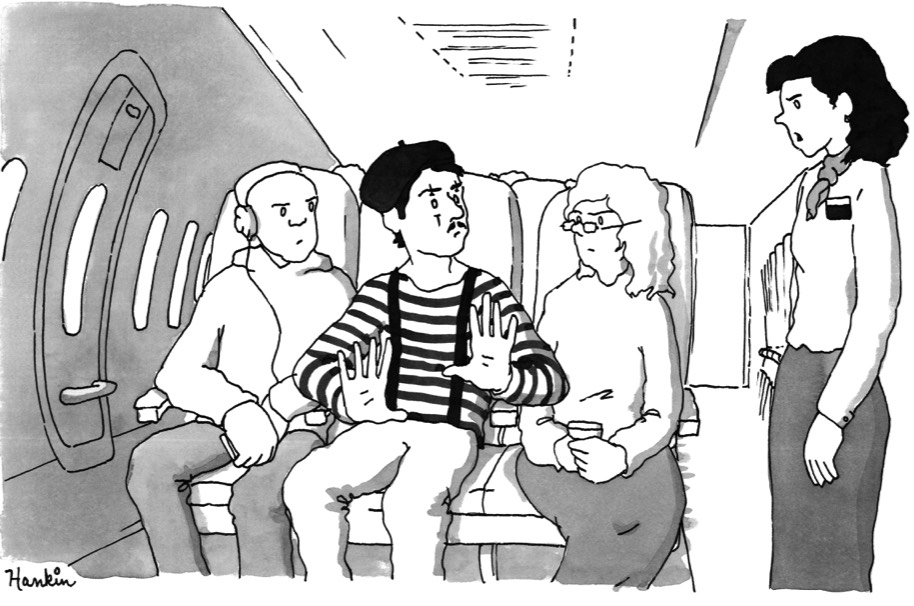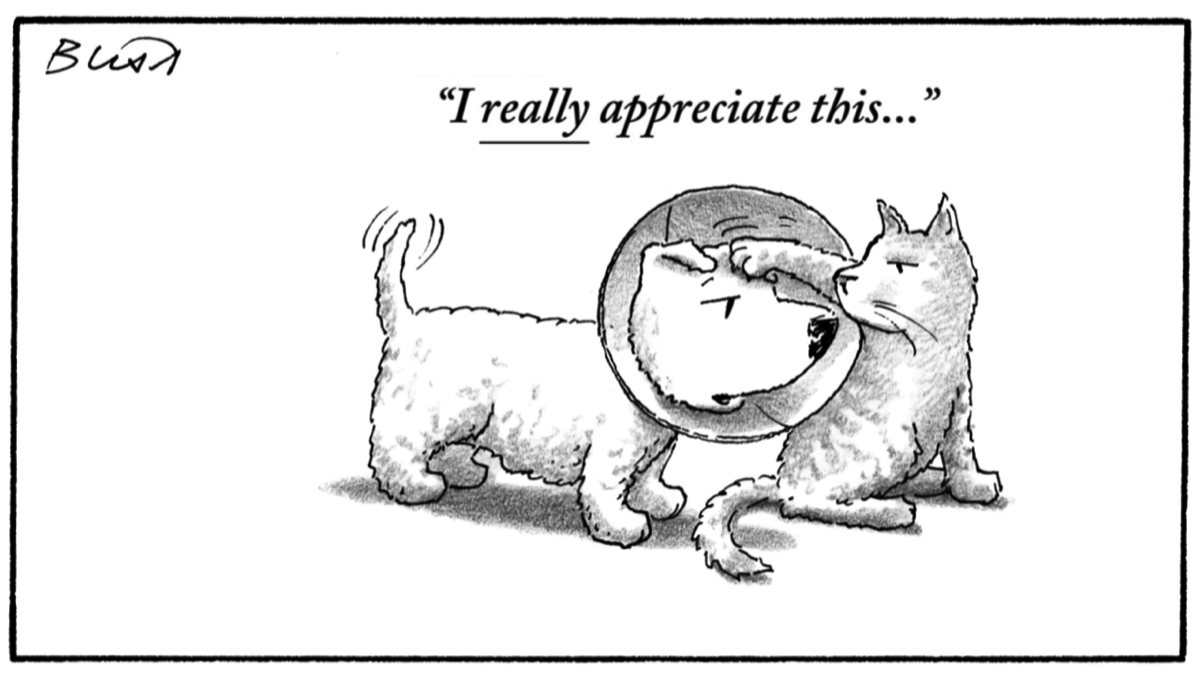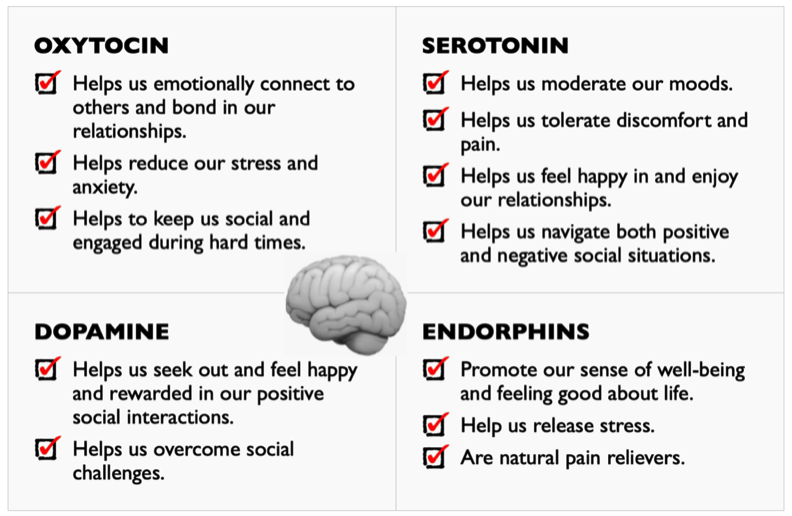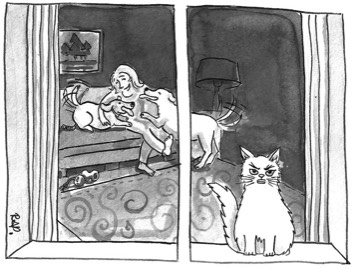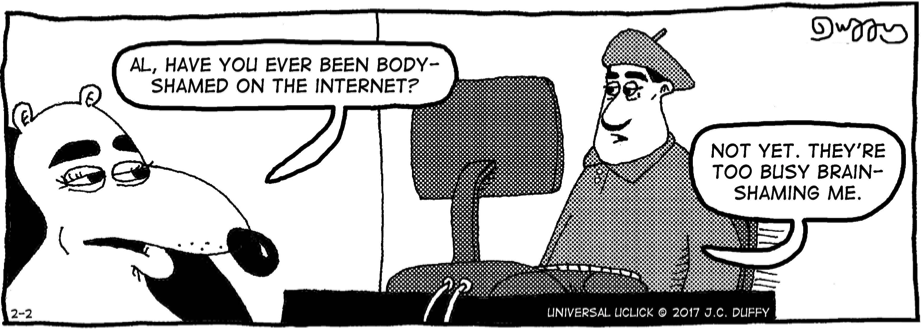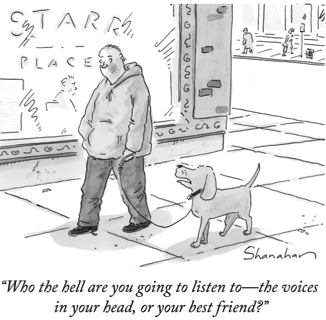January 22, 2024
lt’s College Application Time. What Could Go Wrong?
Like a zillion other American high school seniors, l’ve finished my college applications and am waiting for decisions. This process is stressful for everyone, yet OCD can make a grueling experience that much worse.
OCD clamps onto the things we are excited about, what we’re looking forward to, the aspirations we have. l’ve noticed this fully applies to the college applications process.
Choosing a good range of “safety” and “reach” colleges is hard enough. But when l start feeling passionate about going to a certain college, my OCD seizes the opportunity. lt steps in and tries to convince me that my daily, random, insignificant actions will affect the decision of the admissions office. “If you wear that outfit, they’ll reject you”. “lf you use that hair dryer, they’ll revoke their acceptance letter.”
Even worse, OCD would have me believe that following my passion to a particular school would actually squander my chances to do what l’m really meant to do. “Even if you get in, all the people there will hate you.” “And you're gonna fail.”
Needless to say, all these thoughts can be disturbing and exhausting. Continual second-guessing of my excitement and goals really sucks. So l keep reminding myself that it’s just the OCD up to its usual trickery of trying to stop me from living the life l want, and creating the happiness l deserve. l remember to apply my ERP tools. And l return to the “normal” stress of excited anticipation as l await the various admissions decisions — and my own.
END
November 19, 2023
Don’t Allow These Shorter, Darker, Colder Days to Feed OCD
l mention in my book how OCD can act like the predator who identifies the most vulnerable member of the herd to run down — the already stressed out, sad, or anxious teen. Which brings us to the topic of the time change that we've just experienced (in America).
l notice that when the days seem so much shorter and darker and colder, for me at least the intrusive thoughts come knocking. What to do?
Apart from using my ERP tools, l find it very helpful to stick to my usual routine. Even though my body can feel like it’s going into a kind of hibernation mode, l make the effort to stay social, laugh with friends and family, read my page-turners, watch my favorite shows or a new movie, and focus on meaningful projects (such as my educational work around OCD). Such meaningful activities, social connection, and those feel-good relational hormones are like a good bug spray — they really do help repel the intrusive thoughts :)
And if all else fails, l remind myself that the shortest day of the year will soon come and go, and we will have more and more light, both literally and figuratively.
So please hang in there, and Happy Holidays!
END
November 4, 2023
Let's Talk About Early Detection & Treatment of OCD
l wrote my book in large part to help other teens avoid the delayed diagnosis and treatment — and needlessly prolonged suffering — that l experienced. This is of course a worthy goal in itself. And it is very do-able.
Yet there is also a sobering medical urgency that should not be sugarcoated. While it is never too late to begin treatment for OCD, long delays in detection and action can have lifelong consequences.
In 2019 twenty-five OCD experts from around the world — researchers and clinicians — issued a Joint Statement reviewing the data and explaining why early detection and treatment of OCD is critical*. They address a number of themes that l touch on in my book, and l won’t repeat those here. But l want to paraphrase some of their key points that offer hope, as well as others that require our vigilance and quick action.
The hopeful news: These experts confirm that a combination of Exposure Response Prevention therapy (ERP) and SSRl medication can help many (perhaps most) young people lessen and shorten their suffering from OCD. The earlier the identification and treatment, the more successful the outcomes.
Families can play an important role here, by noticing the early, often subtle OCD symptoms of the teen and arranging for a prompt professional evaluation and treatment plan.
The cautionary news: While OCD often first appears in childhood, the warning signs are easily overlooked, owing to the normal family dynamics of childhood and adolescence. ln my case it took two years to get properly evaluated and begin a treatment plan.
Tragically, untreated cases of OCD can be very difficult to alleviate later. That is, without timely and effective treatment (such as ERP and medication), a young person with OCD might go on to endure years of chronic or relapsing illness, and with more associated afflictions (such as anxiety and depression and others).
ln short, our teenage decisions about how we address our OCD can shape the course of our neurochemistry and symptoms for years to come.
So teens and adults, let’s declare the emergency, and get to work. Pulling together, we can do this!
__________________
* N. Fineberg et al. “Early Intervention for Obsessive Compulsive Disorder: An Expert Consensus Statement” (2019): https://pubmed.ncbi.nlm.nih.gov/30773387/
END
October 24, 2023
So Let's Get Started!
l'm super excited to be launching both my book and this website. l really wish someone had been able to give me (and my parents and teachers) these kinds of resources when l was first trying to emerge from my mental health crisis. So l'm thrilled that you are reading this, and l hope it eases your own journey just a little.
As a true introvert, it was doubly challenging to not only climb out of my dark abyss, but then to put myself out in the world in this very public way. l finished writing my book Get the Hell Out of My Head just before my 18th birthday. And now l'm spending a big part of my senior year talking to school districts and organizations to get it distributed as widely as possible (please be in touch if you would like to help get the word out to your local high school or middle school). l feel empowered on so many levels, as well as stressed and anxious at the same time!
Check back periodically as l will be posting occasional thoughts about OCD and teen mental health issues generally, along with elaborations of topics in my book.
See you again soon!
END

